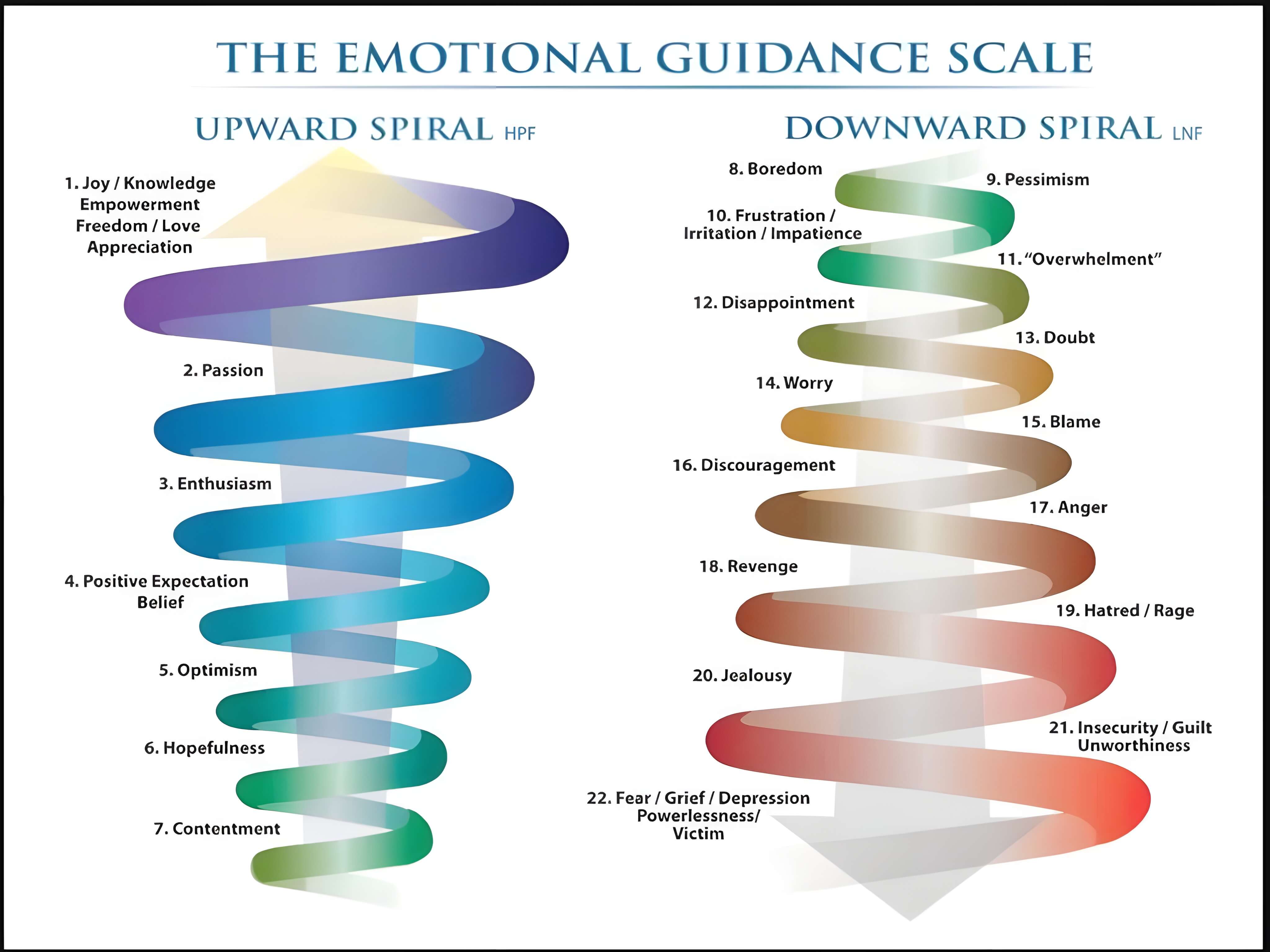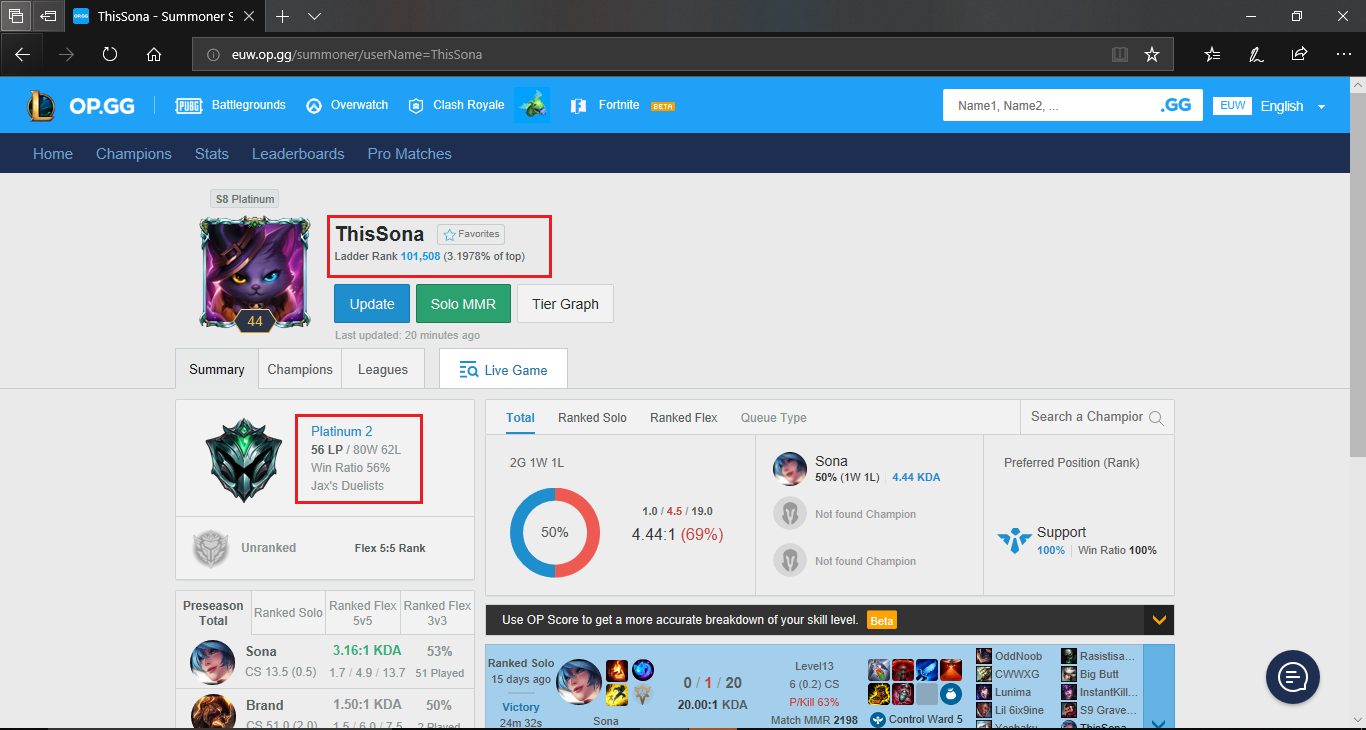Every religion, every tradition, every system of knowledge is pointing at something real. The problem starts when we forget about the thing being pointed at and begin worshipping the hand instead.
Picture this. It is a clear night. You step outside, look up, and there it is: the moon, hanging huge and bright in the sky. For a second, everything else drops away. You do not just see it. You feel it. A quiet rush of wonder, wordless and enormous. That feeling is the real deal. That is what we are actually chasing when we talk about truth, meaning, spirituality, or even just "what the hell is life about?"
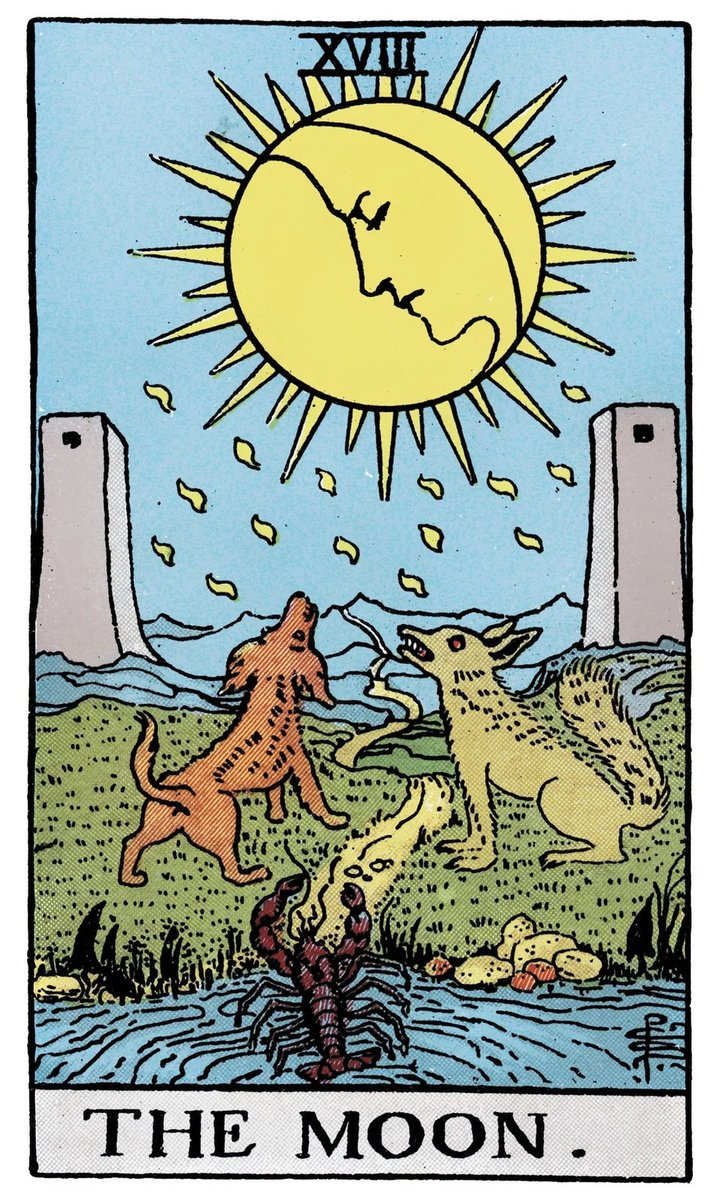
But here is the catch: we cannot bottle that feeling. We cannot hand it to someone else like a coffee mug. So we do the next best thing. We point at the moon and say, "Look. Right there."
That pointing finger is useful. It is how we share the wonder. But what happens when people start staring at the finger instead of the moon? When they polish the finger, build temples around it, argue about whose finger is better, and completely forget there is a whole sky up there?
That is exactly what this piece is about. And once you see it, you start spotting it everywhere: in religion, in science, in politics, in your own daily habits. The good news is that spotting it is the first step to stepping out of it.
The Real Thing Is Out There, Even If We Cannot Name It
Something real exists. You can touch it directly in moments of stillness, awe, love, or even simple presence. A sunset that stops you in your tracks. The way your dog's tail wags when you walk in the door. That sudden sense of "everything is okay" during a quiet walk. These are not made-up feelings. They are direct contact with whatever "it" is. The person who sits and meditates on the moon is not after what the moon symbolizes or suggests. They want the secret of the moon itself, the raw experience of looking at something vast and feeling, wordlessly, that it matters.
We cannot fully say what "it" is. As soon as we try, we are already one step removed. But the important part is this: the thing itself is always available. Right now. No special equipment required.
Every spiritual tradition, every deep philosophy, every great work of art is basically someone pointing at that same real thing and saying, "Hey, look over here." The pointing is necessary because we are social creatures who learn from each other. But the pointing is also dangerous, because it can so easily become the main event.
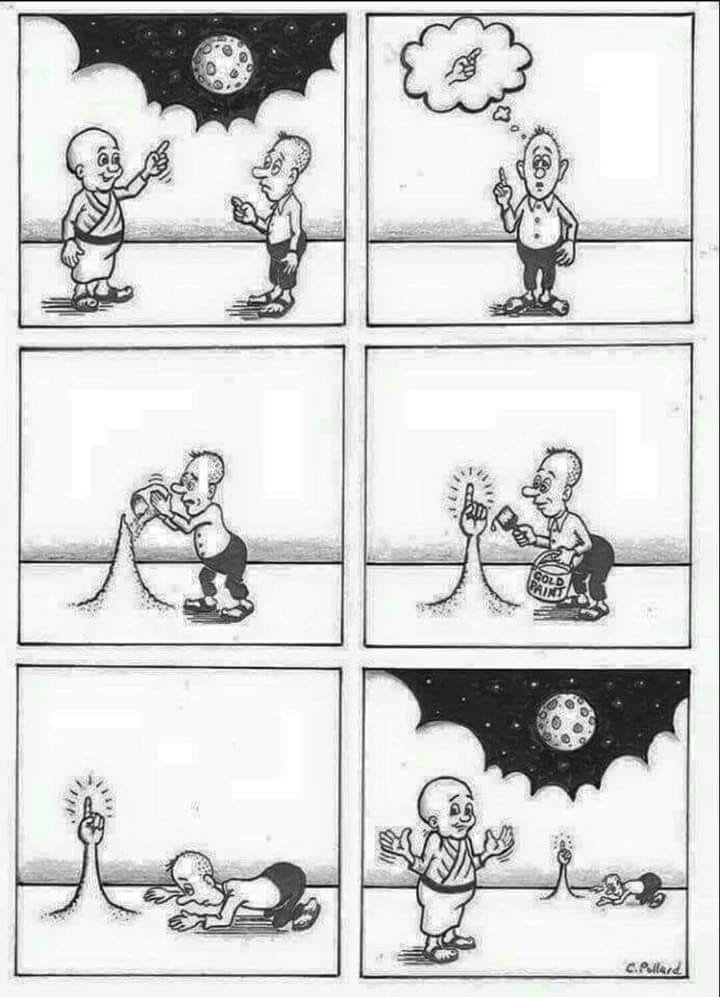
The Gap Between Feeling and Explaining
Humans are remarkable, but we are also limited. Our brains evolved to survive on the savanna, not to perfectly transmit subtle inner experiences across time and space. So we grunt, we gesture, we draw pictures, we write poems, we build entire religions and scientific methods. All of it is an attempt to bridge the gap between "I felt something profound" and "here, you feel it too."
Think of it like trying to describe the taste of a perfect strawberry to someone who has never had one. You can use all the words you want: sweet, juicy, tart, bright. But until they bite into it, they are getting a pale shadow of the thing. That gap is normal. It is the human condition. It is where the trouble starts, and also where the beauty explodes.
How We Build the Bridges: Symbols and Correspondences
Because of that gap, humans get creative. We invent symbols. A cross. A mantra. A scientific equation. A story about a cave. These are our bridges, our best attempts to hand the moon to the next person.
Linguists have a useful framework for understanding how this works, called the semantic triangle. It was developed by scholars C.K. Ogden and I.A. Richards in 1923, and it maps out three things that are always in play when we use a word or symbol. First, there is the referent: the actual thing in the world, the moon itself, the lived experience, the territory. Second, there is the sign: the word or symbol used to point at it, the word "moon," the crescent shape, the pointing finger. Third, there is the reference: the thought or concept in your mind that connects the two. The crucial insight is that the connection between the sign and the referent is not fixed or automatic. The word "moon" and the actual moon have no built-in, necessary link. That connection only exists inside someone's mind. This is why the same symbol can mean completely different things to different people, and why translating ideas between traditions is so genuinely hard.

But deeper traditions go further than simple labels. They talk about correspondences, and this is worth slowing down for because it is meaningfully different from ordinary analogy. An analogy says "love is like fire." That is a literary comparison, a helpful image, a poetic device. A correspondence says something more: that love and fire are expressions of the same underlying principle, appearing at different levels of reality. Fire transforms, warms, destroys, and illuminates. So does real love. The connection is not decorative. It feels alive, structural, load-bearing.
You do not have to accept any particular metaphysics to notice that the distinction matters. Analogies flatten the world into comparisons. Correspondences suggest that reality has a deep structure, and that wildly different things can all be instances of that same structure appearing at different scales. Like how a river delta and a tree's branches and a bolt of lightning all branch the same way, not because someone designed them to match, but because they are all solving the same underlying physical problem.
Plato saw this clearly. In his famous cave allegory, written around 375 BC, people are chained inside a cave and can only see shadows cast on the wall by a fire burning behind them. They take the shadows for reality because the shadows are all they have ever known. One person escapes, walks out into actual sunlight, and sees the real world. When that person comes back to tell everyone, they are dismissed as crazy. The shadows are our symbols. The sunlight outside is the real thing. Ancient thinkers mapped this in layers: pure truth at the top, then ideas, then mathematical patterns, then human doctrines, then everyday objects, then the shadows we spend most of our time arguing about. Every level points to the one above it. Every finger is also, from the right angle, another referent being pointed at by something deeper still.
All of this symbol-building is humanity's best attempt to hand the moon to the next person. It is beautiful. It is necessary. And it is exactly where things go sideways.
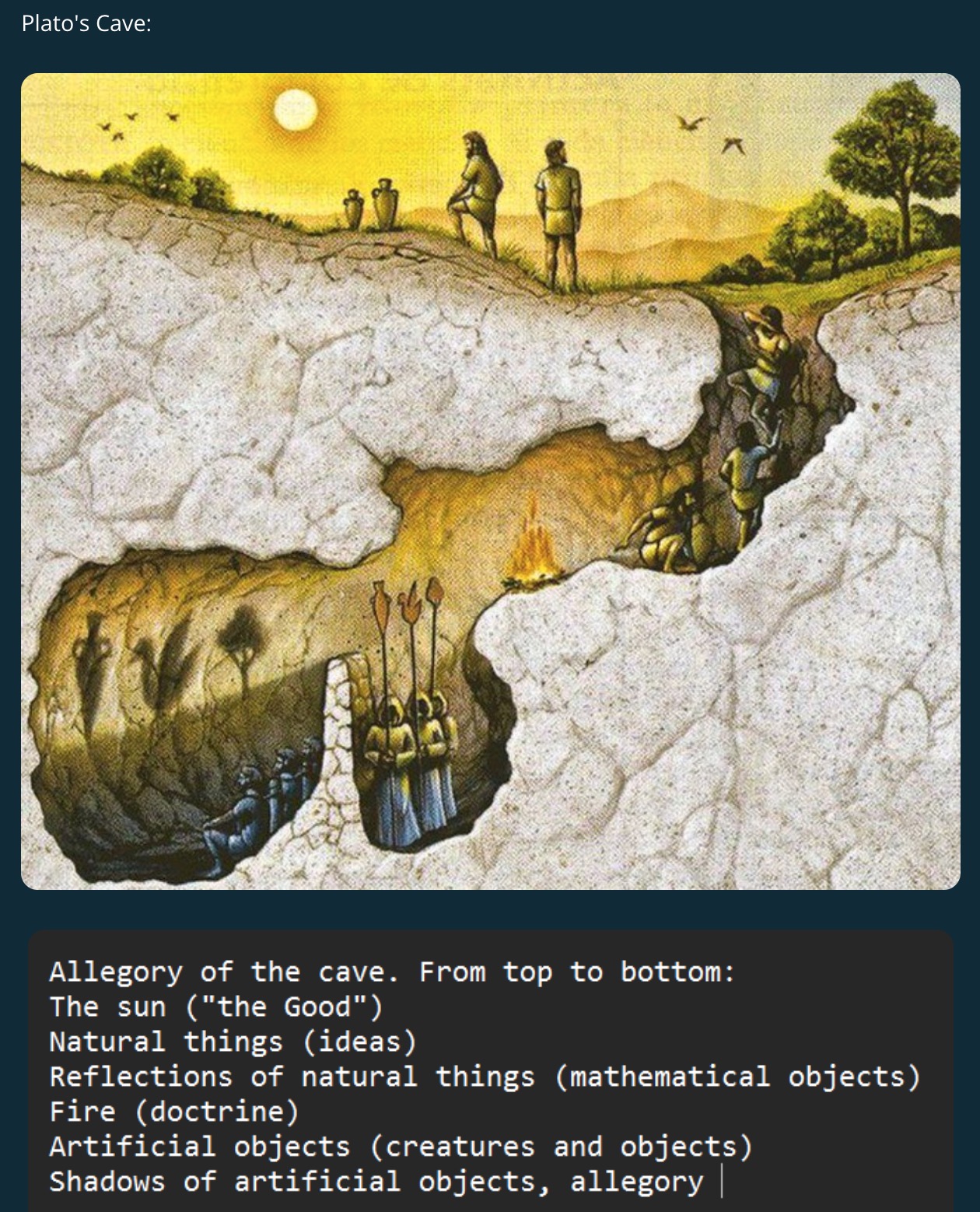
The Trap: When the Finger Becomes the Whole Show
Here is how the mechanism works. Someone has a genuine direct experience. They feel the moon. They create a symbol to point to it: a cross, a ritual, a theory, a flag. Other people who have not had the experience yet start studying the symbol instead. They memorize it. They decorate it. They argue about it. Slowly, the symbol replaces the experience. The finger becomes the star of the show.
This is what the old Zen saying warns about: "The finger pointing to the moon is not the moon." Zen is a school of Buddhist philosophy that places enormous emphasis on direct experience over doctrine and intellectual study, which is precisely why this image comes from that tradition.
The pattern has a perfect modern parallel: cargo culting. During World War II, Allied forces set up air bases on remote Pacific islands. Planes landed carrying enormous quantities of supplies, canned food, tools, medicine, unimaginable wealth to the local populations who had never seen anything like it. When the war ended and the bases were abandoned, the cargo stopped. So the islanders did the completely logical thing given what they knew: they cleared jungle runways, built control towers from bamboo, carved headphones from coconuts, and waved sticks the way they had seen workers wave landing signals. They performed the exact rituals they had carefully observed. They copied the surface form with great fidelity and zero understanding of airplanes, supply chains, or global logistics. No planes came.
This is finger-worship by another name. The form is preserved perfectly. The substance is gone entirely. We do the same thing constantly, with rituals we perform out of habit, with productivity systems we copy from someone successful without understanding why they worked for that particular person, with spiritual practices we go through the motions of without ever touching what they were originally designed to point toward.
It Shows Up in Religion, Loudly
Religions are especially prone to this pattern. One teacher has a direct encounter with the divine and does their best to share it. Followers build a kind of swimming pool around that encounter. The deep end is where real transformation happens. But most of the noise comes from people splashing around in the shallow end, arguing about the pool rules, the color of the tiles, and who gets to be lifeguard.
The crucifix becomes more important than the love it was meant to represent. The prayer beads matter more than the stillness they were supposed to cultivate. Holy books get worshipped instead of being read as pointers toward something beyond the page. The finger acquires its own fan club.
And because humans love belonging, the shallow-end arguments turn tribal fast. "My finger is better than your finger." Wars get started over it. Scandals happen inside it. People leave organized religion entirely because all they ever witnessed was finger-worship, and nobody could show them the moon.
This is what idolatry actually means at its root, and it is worth being precise about this because the word tends to conjure cartoonish images of people bowing before golden statues. The real meaning is subtler and far more common: treating a representation of something sacred as though it were the sacred thing itself. A very human confusion between the map and the territory. The tragic part is that the person who gets fully captured by this confusion will often start constructing elaborate theories about how their golden hand affects the tides, building justification upon justification around the wrong thing, drifting further from the moon with every confident explanation.
Science Has a Finger Too
This is where things get uncomfortable for a lot of people: scientific materialism is also a finger.
The scientific method is one of the most extraordinary instruments humans have ever built. Its safeguards against our natural biases, peer review, careful measurement, replication of results, are genuinely brilliant and have produced real miracles. But over time, the framework became invisible, the way water is invisible to a fish. Only what can be measured, quantified, and replicated came to count as real. Direct personal experience? Too subjective. So the method that began as a humble, disciplined way to explore reality quietly hardened into a metaphysical claim: if something cannot be counted, it does not really exist. Consciousness, meaning, love, beauty. All of it gets reduced to brain chemistry or filed away as useful fiction.
A map of Paris is not Paris. Knowing the neurochemistry of grief is not the same as understanding what it means to lose someone. These are genuinely different kinds of knowing, and collapsing one into the other is, again, worshipping the finger.
Scientific materialism is an extraordinarily powerful finger. It is just not the moon.
The Pattern Is Universal, and So Is the Way Out
This failure mode is not evil or conspiratorial. It is simply what happens when limited minds try to handle something boundless using finite tools. We all do it. You probably do it without noticing: when you cling to a routine that used to bring joy but now just feels like going through the motions. When you argue politics using slogans instead of looking at actual human suffering. When you scroll for inspiration instead of sitting quietly and feeling what you actually feel.
The predicament is universal because the gap between experience and expression is universal.
But here is the liberating part: you do not have to escape symbols. You could not, even if you tried. We think and communicate in them. The move is not to burn all the fingers down. The move is to stop being captured by them.
The practice is simple, though genuinely not easy: constant, gentle reorientation. When you catch yourself staring at the finger, smile at the recognition, and look where it is pointing. Return to direct experience as often as you can. Sit outside and actually feel the night air instead of composing how you would describe it later. Hold someone's hand and notice the warmth without immediately turning it into a story you will tell. Pray, meditate, walk, create, whatever your particular path is, and keep asking yourself honestly: am I touching the moon right now, or am I just admiring the signpost?
All authentic traditions, in their best moments, know this about themselves. The Zen koan is deliberately designed to defeat the logical mind so that something else can open. The mystic insists that God cannot be named, because any name immediately becomes a finger. The physicist says carefully that the equations describe the behavior of reality, not reality itself. The grandmother who simply knows everything will be okay, without a framework or a doctrine, just direct contact with something solid beneath the noise. The Christian mystic, the Buddhist monk, the scientist struck by sudden insight at three in the morning: they are all gesturing in the same direction. All authentic fingers point toward the same moon.
The constant effort of reorientation, from finger back to moon, is the whole point. Not a destination you arrive at. A direction you keep choosing.
When you can, always go back to direct experience.
